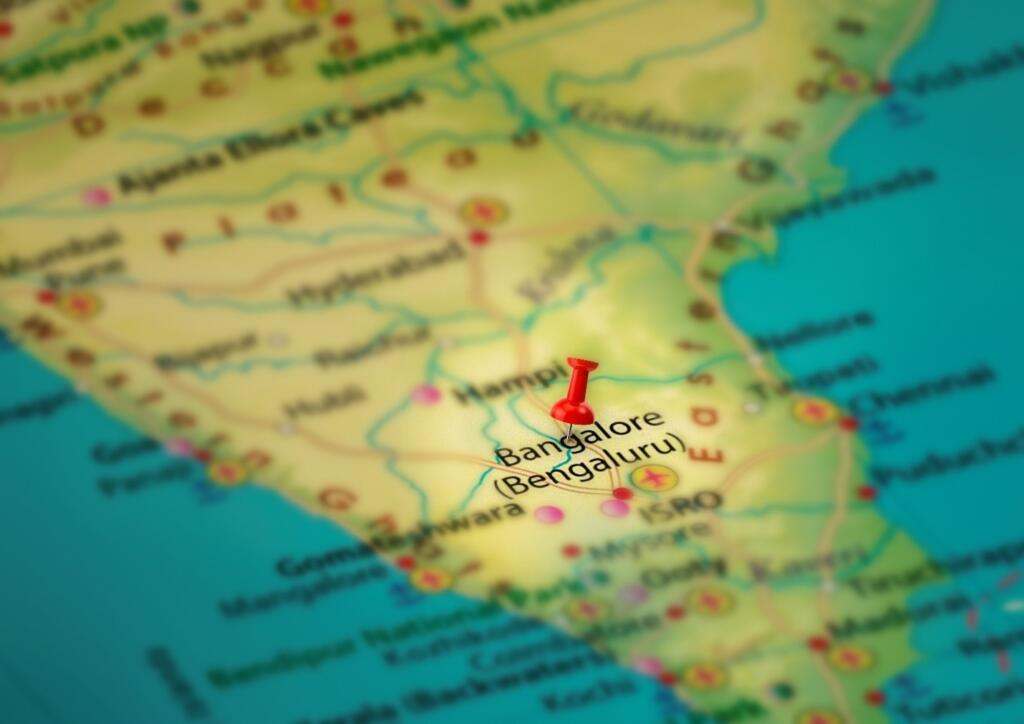Bengaluru’s online gambling industry has come under heavy scrutiny following reports of two tragic suicides linked to gambling addiction earlier this month. The victims—25-year-old Mallikarjun, a lab technician assistant, and 30-year-old Kumaraswamy, an autorickshaw driver—were reportedly unable to cope with the mounting debts incurred through excessive gambling.
These incidents are far from isolated. Just last year, the city was shaken by another gambling-related tragedy when 20-year-old student Praveen took his own life after losing significant sums of money through cricket betting. Overwhelmed by the mounting pressure to repay loans borrowed from friends and family, Praveen’s story stands as a stark reminder of the escalating risks posed by unchecked gambling in the region.
What often begins as a recreational pastime can quickly turn into a perilous habit, especially when financial stakes escalate. Online gambling platforms, with their round-the-clock accessibility, make it easy for individuals to gamble away large sums in moments of impulsivity, leading to mounting debts and emotional strain.
The consequences of uncontrolled gambling are not limited to financial ruin; they can also deeply affect mental well-being, as individuals struggle to cope with the stress of their losses. This highlights the need for public awareness about responsible gambling practices and the importance of knowing when to stop. For those looking to understand the risks and adopt safer habits, NoDepositBonus.guide has a helpful article about this, offering valuable tips on staying in control and enjoying gambling responsibly.
Ongoing Issue
Over the past four years, six individuals in Karnataka have died by suicide after incurring devastating losses from online gaming and gambling, with five of these tragedies occurring in Bengaluru alone, according to the state Home Ministry. The problem is compounded during major events like the IPL season, which fuels a surge in online cricket betting and gambling on games like rummy, leaving many in financial ruin and emotional despair.
The alarming rise in cases highlights the inadequacy of existing regulations. Home Ministry data reveals that 493 cases of online betting were registered in 2023, followed by 348 in 2024. Bengaluru accounted for 278 of these cases, the highest in the state, followed by 213 cases in Hubballi-Dharwad. This indicates a concentrated issue in urban areas where access to online platforms is more prevalent, exposing more individuals to the risks of addiction.
The severity of problem gambling often leads to dire consequences, with studies showing that approximately 25% of individuals with gambling issues face imminent arrest. For many, the situation culminates in one of four devastating outcomes: suicide, incarceration, fleeing from responsibilities, or seeking treatment. Women with gambling addictions are especially vulnerable, with an increased likelihood of severe depression and suicidal ideation, highlighting the intersection of mental health and gambling-related harm.
Solving The Issue
Bengaluru can tackle its growing gambling problem by focusing on better laws, public awareness, and support systems. Right now, there’s no clear, unified approach to dealing with online gambling in India. While the Ministry of Electronics and Information Technology (MeitY) introduced rules to regulate gaming platforms, these don’t fully cover the gambling side of things. Bengaluru needs tougher state-level laws that work alongside national ones, making sure platforms are transparent, enforcing strict user checks, and limiting how much people can bet to prevent financial ruin.
The city could also learn from places like Goa and Sikkim, where gambling is legal but carefully controlled. Alternatively, Bengaluru could follow states like Tamil Nadu and Telangana, which have banned online gambling altogether. Beyond legal measures, it’s crucial to educate people about the risks of gambling addiction, how to spot the warning signs, and ways to manage their finances better. Campaigns should also promote available support options so people know help is out there and aren’t afraid to seek it.
Mental health support is another key piece of the puzzle. The city needs more helplines, counselling centres, and rehab programs that cater specifically to gambling addiction. Gambling platforms should offer self-exclusion tools, letting users block themselves from playing for a while if they feel things are getting out of hand. Bengaluru, being a tech hub, could even use technology like AI to monitor risky gambling behaviour and step in when needed. Banks and payment apps could also help by blocking transactions linked to illegal gambling sites.
Fixing this problem will take teamwork—government, law enforcement, community groups, and healthcare providers all need to get involved. With the right mix of rules, education, and support, Bengaluru can make a real difference in reducing gambling addiction and protecting its residents.
